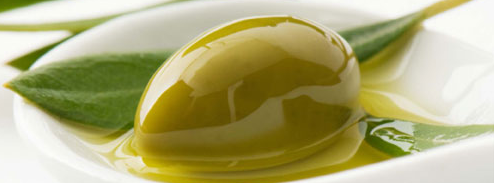Most Olive Oil is Not as Healthy As You Think

The expensive designer olive oil in your kitchen cabinet is likely not as fresh, nutritious, or high in quality as you assume. Does that mean you won’t receive the expected health benefits when using olive oil? Probably not. But there are some things you should know about olive oil to improve your odds and get the best bang for your buck.
What makes olive oil healthy are invisible nutrients in the oil, which studies show are not in most of today's olive oil, no matter the price or country of origin.
“The health benefits of olive oil are ninety-nine percent related to the presence of the phenolic compounds, not the oil itself,” said Nasir Malik, Research Plant Physiologist of the U.S. Department of Agriculture’s Agricultural Research Service.
Malik is referring to the polyphenols in olive oil, nutrients also found in wine, tea, cocoa, and many fruits and vegetables, which have been discovered over the past decade to be the most important substances responsible for the bulk of olive oil’s health benefits, without which “you might as well use Canola oil,” said Malik. As, at least canola oil contains omega-3-fatty acids, not found in olive oil.
Studies confirm as days, weeks and months go by after harvest, the polyphenol content, nutrition and health benefits of olive oil diminish.
Recent studies show polyphenols were surprisingly low in most commercially available olive oils, according to a recently published study conducted by the U.S. Department of Agriculture’s Agricultural Research Service, co-authored by Malik.
They also don’t live up to international or U. S. Department of Agriculture quality standards, according to studies conducted by the UC Davis Olive Center.
But, it is possible to buy affordable olive oil which provides extraordinary health benefits and lives up to high quality standards. Here's everything I've discovered you need to know about olive oil (in today's Washington Post)...





